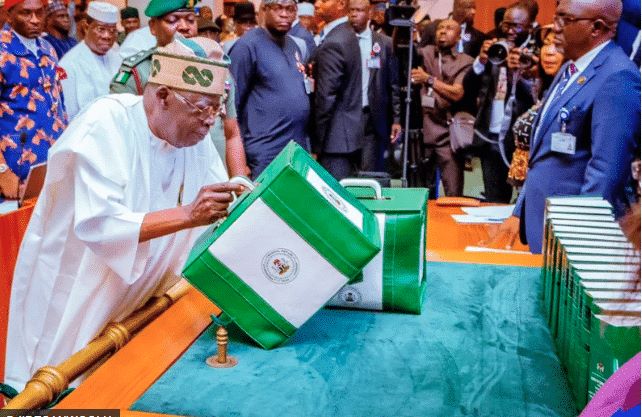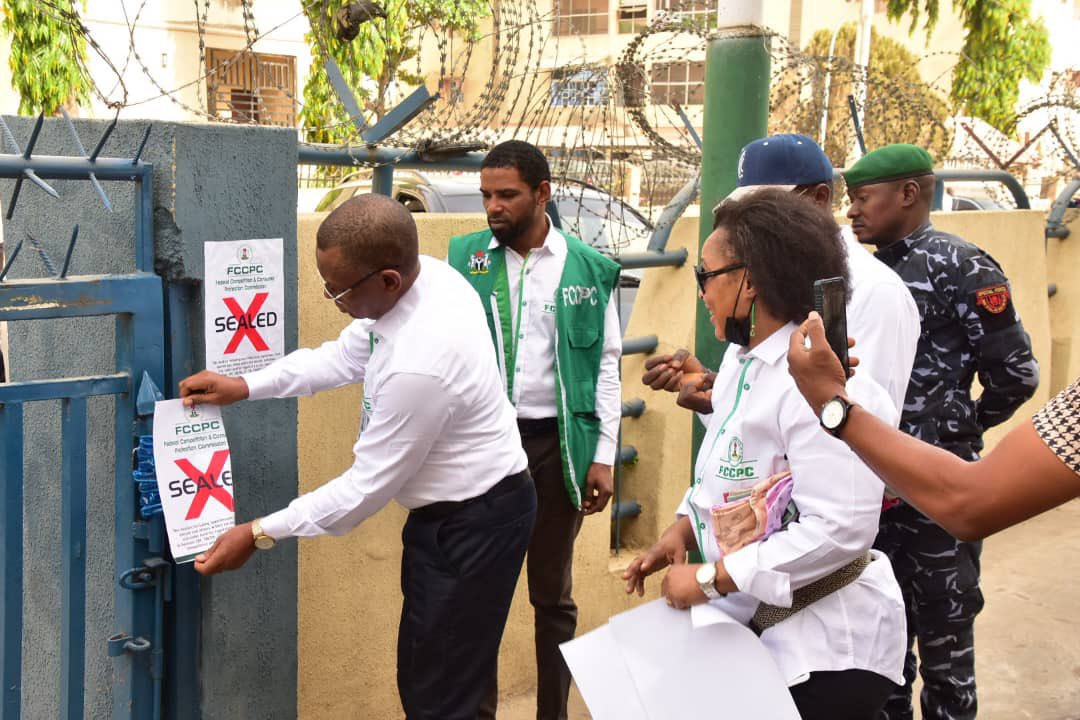Nigeria’s 2025 budget is facing strong headwinds as global crude prices slipped to $66 per barrel from $70 yesterday — a 5.7% fall.
The budget had been built on three key anchors: oil output of 2.06 million barrels per day (bpd), an exchange rate of ₦1,500 per dollar, and oil priced at $75 per barrel.
Current figures tell a different story. Output — including condensate — is just 1.8 million bpd, while the official exchange rate has been met, but the oil price is well below target.
“The global oil market has been unstable for a while. The instability has impacted the 2025 budget execution. The government has to look beyond oil in funding the budget,” said Mazi Colman Obasi, President of the Oil and Gas Services Providers Association of Nigeria.
Unstable Markets, Weak Output
Industry experts say the budget’s foundations are too shaky. “The key budget anchors—production volume, oil price, and costs—remain highly unpredictable, with significant deviations from the initial assumptions,” said Prof. Wumi Iledare of the Foundation for Petroleum and Energy Industry Economics and Policy Advocacy.
He warned that oil prices might rise but will remain unstable. This, he said, will affect budget implementation in the second half of 2025.
The Group Head of Research at BudgIT, Vahyala Kwaga, pointed to deeper problems: low production capacity, vandalism, oil theft, and poor facility maintenance. “The oil production benchmark was not met and will likely not be met due to legacy issues in the Nigerian oil sector,” he said.
Investments, Exchange Rates, and Policy Gaps
Foreign investments have shifted offshore, further weakening output. The average oil price of $75 remains unmet but could improve later in the year due to geopolitical events, such as tensions in the Middle East or increased demand from China.
Kwaga advised the government to be more cautious with price forecasts to avoid overestimation. He said while the official exchange rate target was met in the first half of the year, the parallel market rate remains higher — though the gap is smaller than in past years.
The Director-General of the Lagos Chamber of Commerce and Industry, Dr. Chinyere Almona, linked the poor first-half performance to long-standing structural issues. She cited vandalism, theft, underinvestment, and regulatory bottlenecks as the main reasons for missed targets.
She warned that without faster security reforms, more investment incentives, and quicker approvals, the 2.06 million bpd target for the second half is unlikely.
Dr. Almona added that stabilising the naira around the ₦1,500/$ mark will require urgent monetary tightening, more non-oil FX supply, better remittance channels, and transparent Central Bank interventions.
You can monitor global oil and other commodities prices in real time on our live Business page.
Rate, Like 👍, Comment💬, share this article, Follow us on our social media handles, and Submit your own story to get featured and earn rewards!








